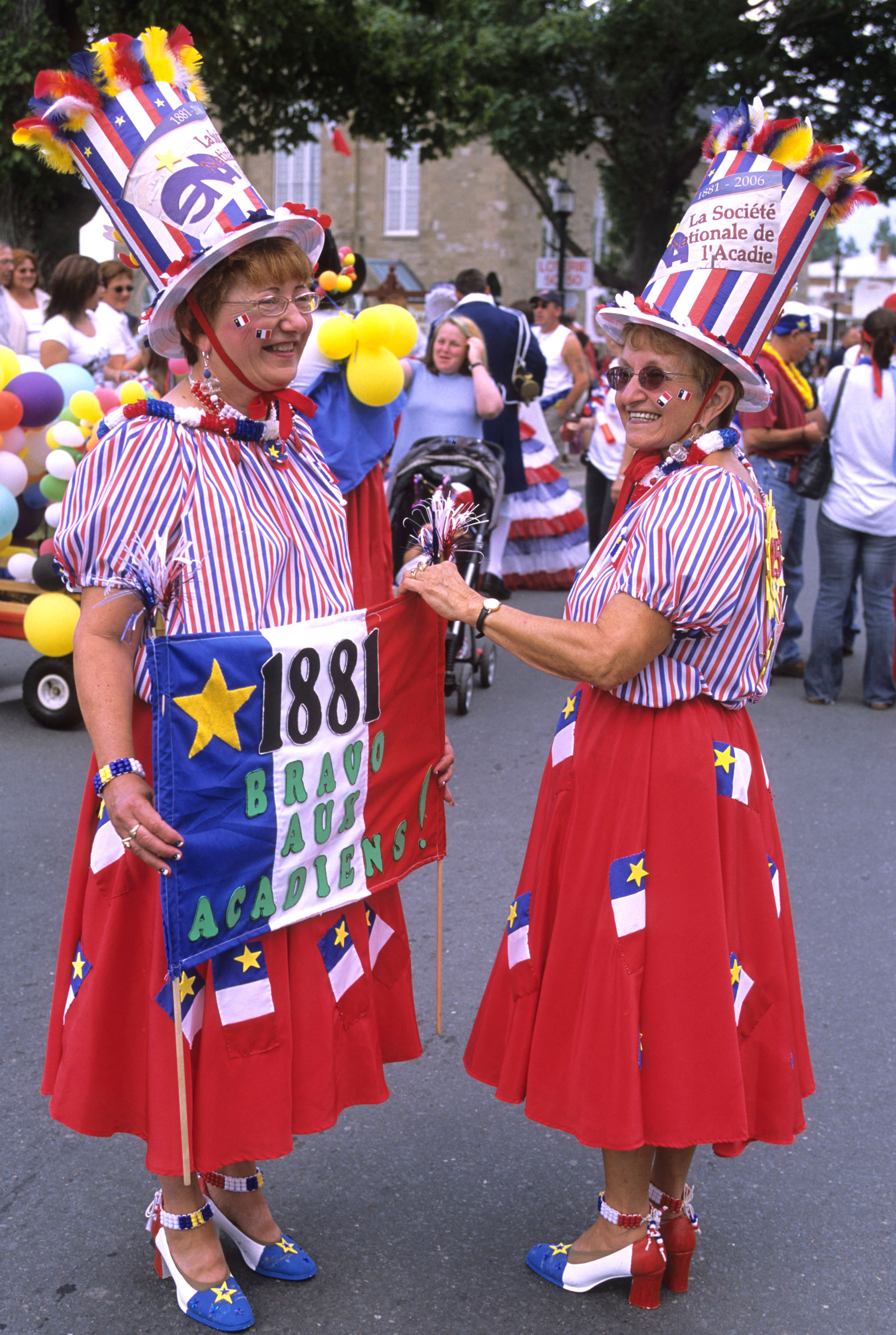August is the eighth month of the year according to the Gregorian calendar, which is used in almost all the world today. The month has 31 days. The Romans called the month Sextilis, which means sixth. It was the sixth month of the early Roman calendar until the ancient Romans moved the beginning of the year to January 1. The Romans later renamed it in honor of Augustus, who ruled the Roman Empire as its first emperor from 27 B.C. to A.D. 14.
In early August, much of the Caribbean celebrates Emancipation Day. In Barbados, it is also called Kadooment Day. On this day and the weeks leading up to it, people in Barbados combine a celebration of the end of the sugar cane harvest with the commemoration of the abolition of slavery. The holiday is observed with parades, music, feasting, and dancing. Native American harvest celebrations called green corn dances often fall in August.

Lammas Day, August 1, is a very old British festival. This celebration of the harvest became associated with the Christian Church, and loaves of bread made from the season’s first grains were taken to church to be blessed. The Feast of the Assumption, August 15, is celebrated by Roman Catholic and Eastern Orthodox churches. It is based on the belief that the Virgin Mary was taken up to heaven in body and soul. The feast may be related to harvest festivals of pre-Christian times. In parts of Europe, it is called the Feast of Our Lady of the Harvest.
In Nepal, Gokarne Aunsi (Father’s Day) usually falls in August or early September. Fathers, both living and dead, are honored on this day.
August flowers are the poppy and gladiolus. August gemstones are the sardonyx and peridot.
